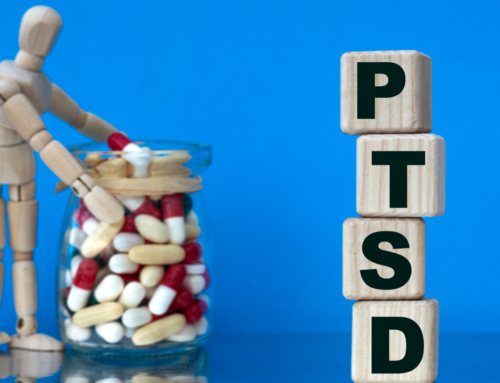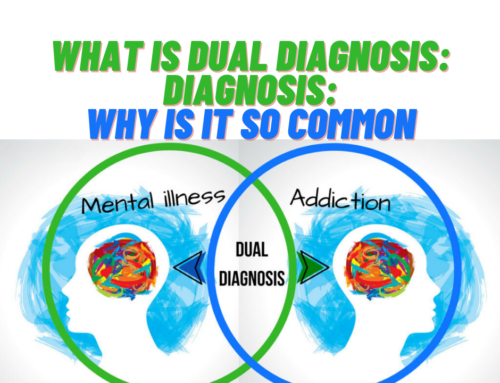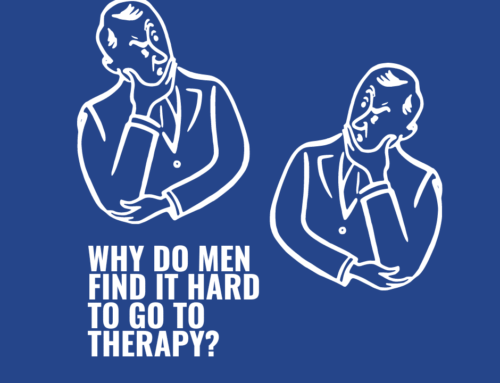For individuals recovering from mental health or addiction, finding healthy coping mechanisms is crucial for triggers and preventing relapse. One of the best ways to cope with bad days in recovery is by journaling. Many may think that journaling is not for them, simply because they only know the idea of keeping a diary and nothing more. However, multiple kinds of journaling can be used to benefit your recovery. By using these methods, you can boost your recovery and mental health for the long term.
#1. Unsent Letter Journaling
Often, when people struggle with mental health or addiction, there are underlying issues present in their lives that they must work through. Sometimes, these issues stem from problems with other people in the person’s life that had a strong negative impact. Unsent letter journaling involves writing a letter to someone you cannot speak to in person about the things you are holding in. You can write about how angry you are at someone, how someone hurt you, or how much you miss someone in your life. The goal is to be 100% honest, which is easier when you know you aren’t sending it to the person.
#2. Stream of Consciousness Journaling
Deciding what to write can add a lot of pressure to someone. Stream of consciousness journaling is perfect for individuals to release their inner critic or anxiety without worrying about perfectionism, theme, or writing something beautiful. Instead, this type of journaling involves writing whatever comes to mind. You write and write until you feel you are done and have released your feelings. This way, you don’t have to hold in what you are feeling and release it in your journal.
#3. What’s Going Well Journaling
Sometimes, it’s good to carve out time in your day to reflect on the positive things in your life. Doing so can change your perspective when you are having a bad day in recovery. The goal is to reflect on your day and write about the things that went well to give you a more positive perspective and boost your mental health. Doing so can change your mindset and encourage you to keep going in recovery as you are more attentive to the good things.
In recovery, you will come across numerous coping methods to help you overcome triggers and prevent relapse. Journaling is a common coping method used by various individuals because it can be done anywhere, it is easy to do, and there are many ways to accomplish it. Various types of journaling are available for you to try your hand at until you find one that suits your recovery best. At Alta Loma Transformational Services, we urge our clients to try journaling and other coping techniques to boost their overall recovery. Call us today to learn more at (866) 457-3843.



